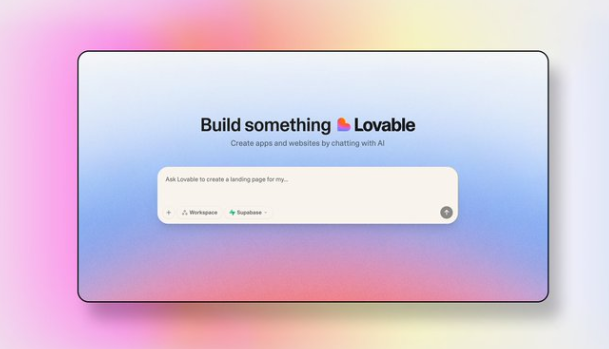In the rapidly evolving world of technology, a new breed of employees is quietly reshaping our understanding of work – the AI-native workforce. Elena Verna, who joined the startup Lovable just five weeks ago, discovered a radically different work model compared to traditional tech companies. Within a mere seven months, Lovable achieved an annual revenue of $80 million with a team of only 35 people, all thanks to their AI-native approach.

In conventional tech companies, projects often require a series of cumbersome processes to get off the ground. First comes documentation, meetings, and design requests, followed by endless waiting, culminating in the release of a significantly simplified product. This entire process demands substantial time and labor, making it difficult to bring many ideas to fruition.
At Lovable, however, once an idea is conceived, team members immediately leverage AI to bring it to life, bypassing complex processes and coordination. Whether building internal tools or developing products, AI enables them to act swiftly. For instance, the team is using their self-developed AI tools to create marketing pages, manage projects, and rapidly write code. This approach significantly boosts work efficiency and enhances communication between teams.
One defining characteristic of AI-native employees is their youth, often comprising recent graduates. This fresh perspective frees them from traditional work culture constraints, allowing them to respond quickly and take action. At Lovable, every individual can lead their projects, enjoying greater autonomy and trust, which significantly accelerates their pace of innovation and execution.
As businesses continue to evolve, Elena predicts that more AI-native employees will emerge, posing challenges to traditional management. Many redundant positions may be eliminated, particularly those lacking specialized skills and solely responsible for coordination. Ultimately, AI-native employees will become the driving force behind innovation and transformation.